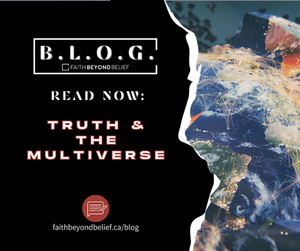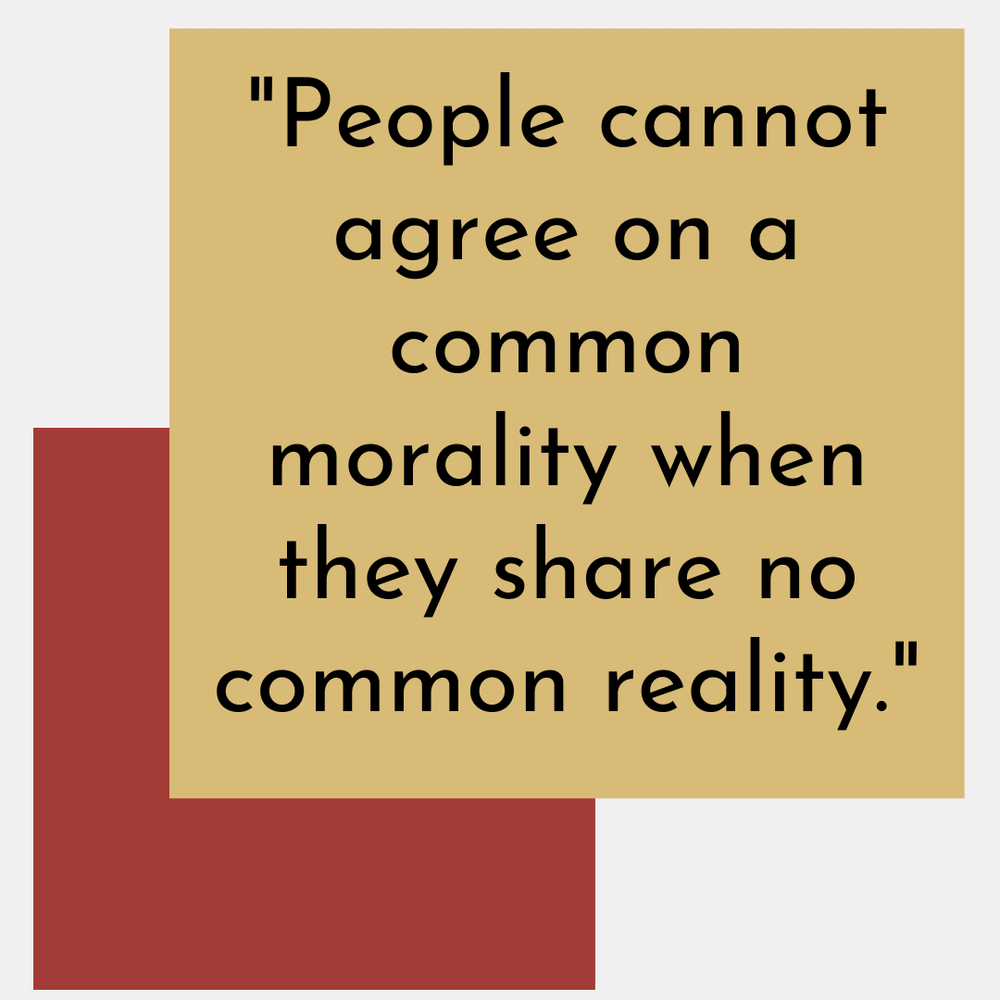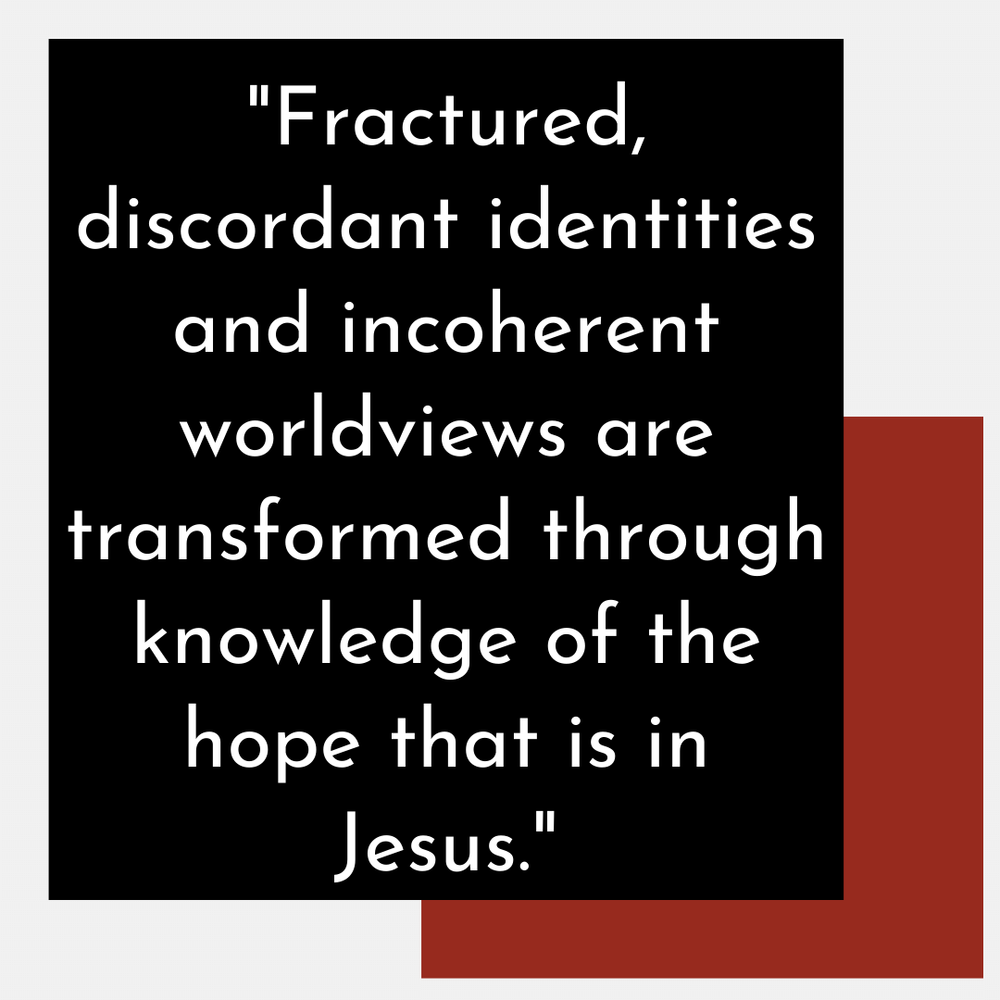
Reading Time: mins
Hollywood has a new obsession, the multiverse, the concept that infinite parallel worlds exist, complete with correspondent, but slightly different versions of people and events. In the hands of a thoughtful writer, this approach can reveal profound philosophical and scientific implications about the nature of reality. But most of the time, it’s a lucrative writing device that allows creators and studios to explain away almost anything. If you thought all the superhero stories had been told, brace yourself because the multiverse allows for Hollywood to remix, reuse and recycle characters, plots, and storylines for maximum profits. You can expect this new trend to be around for as long as it generates dollars at the box office.
By: Jon RendallIt should be noted that the idea of parallel worlds is not new. In fact one example goes all the way back to 1946 in the Christmas classic, It’s A Wonderful Life. In the movie, protagonist George Bailey is able to witness a world in which he never existed, a parallel universe where the lives of people he worked so hard to help are in shambles. Who knew that It’s a Wonderful Life is more than heartwarming Christmas fodder? It’s a pioneering work of science fiction!
While the drama of multiverses and alternate realities plays out on the big screen, I can’t help but see a real life parallel. In the age of personal definitions of truth, it can feel like everyone is living in a different version of reality. I have my version of reality and you have yours. I have my truth and you have yours. Every day, there are more and more facts that no two people can agree are true.
Take, for example, the moon landing. Did the Apollo 11 crew step foot on the moon in July of 1969? There can only be one correct answer, either yes or no. There is no ‘my truth.’ There is only THE truth. I believe the moon landing happened, as, I suspect, do most people. Nevertheless, the number of moon landing deniers is not negligible, and they turn up in some very surprising places, examples of how, in our age of high-speed information and increasing isolation, each individual feels free to create his own reality, his own parallel world, with self-approved alternative facts and history.


Now, it's important to clarify that believing the moon landing was a hoax will likely have little impact on your personal life. But what about when people disagree on the big things? If everyone lives inside their own self-created media-fed simulation, where can we even find common ground, especially on the things that matter? What can be done about the fact that too many people no longer agree on foundational truths or grand narratives?
This question was extensively explored by French philosopher Jean Baudrillard. “See,” writes Steven West of Philosophize This! In an essay on Baudrillard’s ideas, “in the same way, a lack of grand narratives creates a crisis of identity for people, this lack of grand narratives has also created a crisis of meaning. I mean, it used to be the case that to have completely different views of reality we needed to be geographically distant from each other. But without the existence of a widely-accepted master narrative you can be sitting next to someone on the bus who is essentially living in a completely different world because they frame everything that happens to them according to a different set of media-generated narratives.”
No wonder it is so difficult to get society to agree on anything. Nor, in such a world, should it come as a surprise that our culture experiences some degree of discordance on any and every topic, particularly in the realm of ethics. People cannot agree on a common morality when they share no common reality.
For Christians, the saving grace in the madness of multiverses is that, in general, we share one view of reality. We have a grand narrative given to us in Scripture, and the story of the Bible explains our origin, the meaning of life, God’s view of morality and the destiny of humankind. Thus, God’s Word allows us to create a coherent worldview and identity. By reading the Bible we know who we are and the kind of world in which we live. And, we also know Who runs the place. Does this mean we can understand every aspect of reality? Of course not, but it does mean we can safely place our trust in the One who can. As the Apostle Paul tells us, God not only created our universe and reality itself; he sustains and holds it together.
“Christ is the visible image of the invisible God.
He existed before anything was created and is supreme over all creation,
for through him God created everything
in the heavenly realms and on earth.
He made the things we can see
and the things we can’t see—
such as thrones, kingdoms, rulers, and authorities in the unseen world.
Everything was created through him and for him.
He existed before anything else,
and he holds all creation together.” (Col. 1:15-17, NLT)
Jesus Christ, our Saviour and Advocate, holds creation together and gives it purpose. This is our story. This is our grand narrative.
So, as apologists and faithful followers of Jesus, how do we re-establish a widespread acceptance of a Biblically-based Christian reality (which, when all is said and done, is the only reality)? With apologies to Greg Koukl, the answer is simple to understand, but difficult to practice. We simply tell the story of reality, and then we never stop telling it. We keep going back to God’s word, over and over again, to communicate our hope in Jesus. When the Holy Spirit does a powerful work in our lives, when we know and understand the story for ourselves, the rest of the pieces will start to fall into place. Fractured, discordant identities and incoherent worldviews are transformed through knowledge of the hope that is in Jesus.
